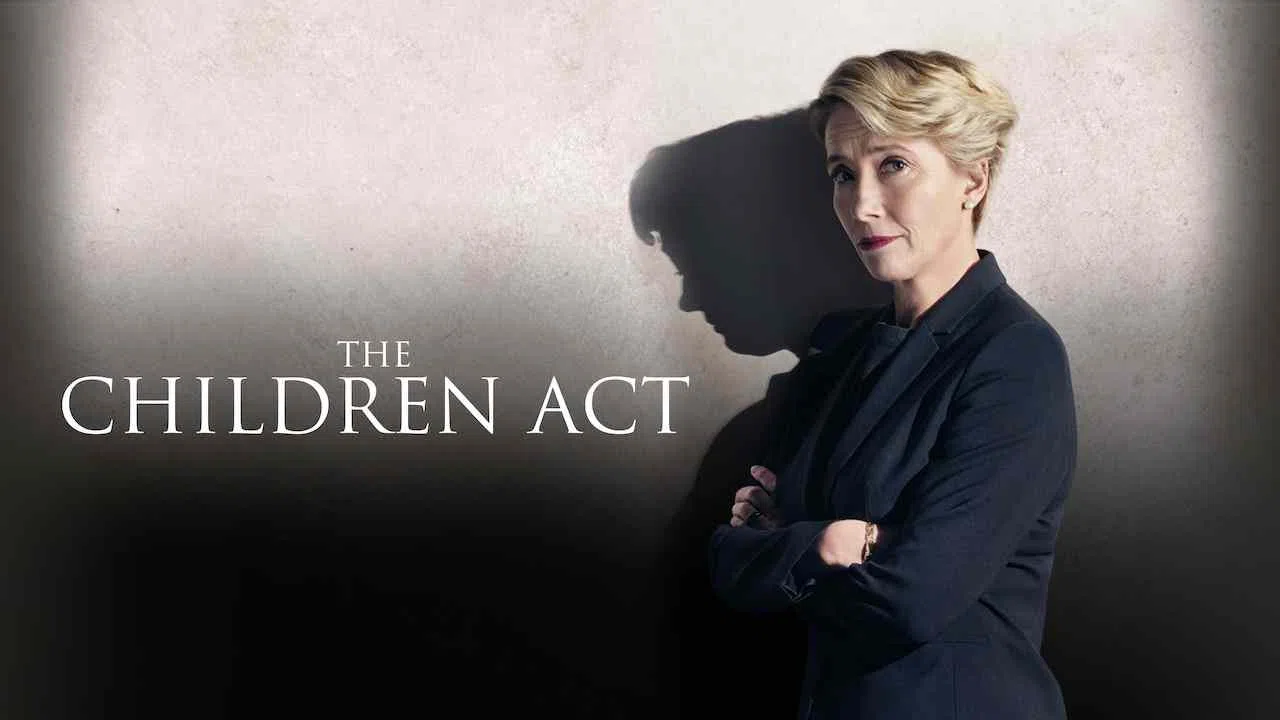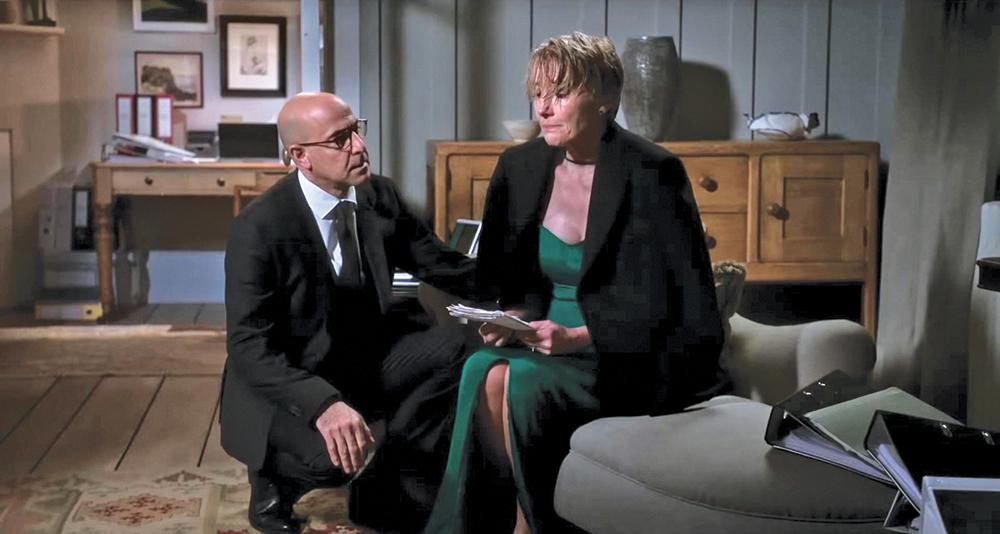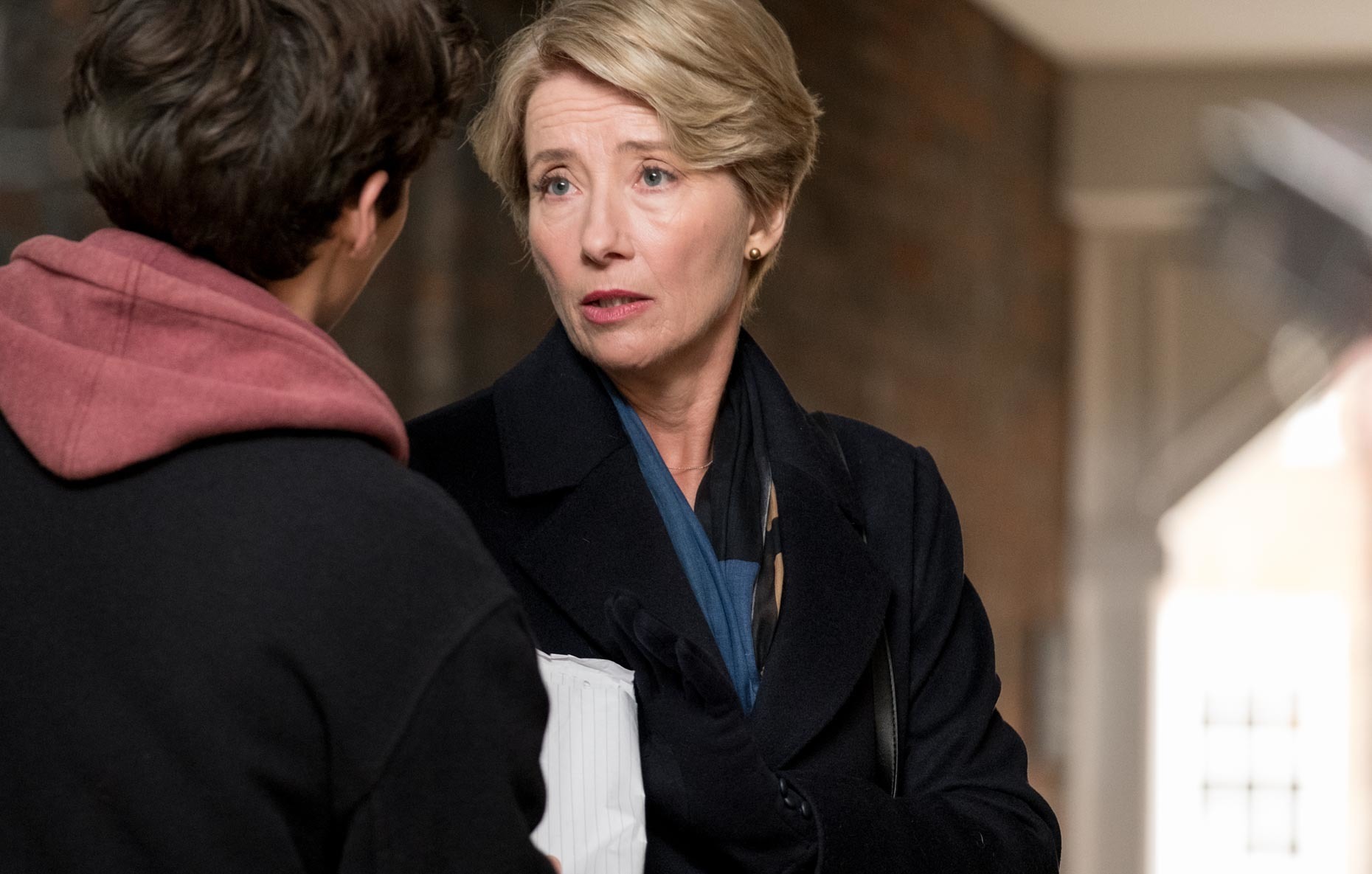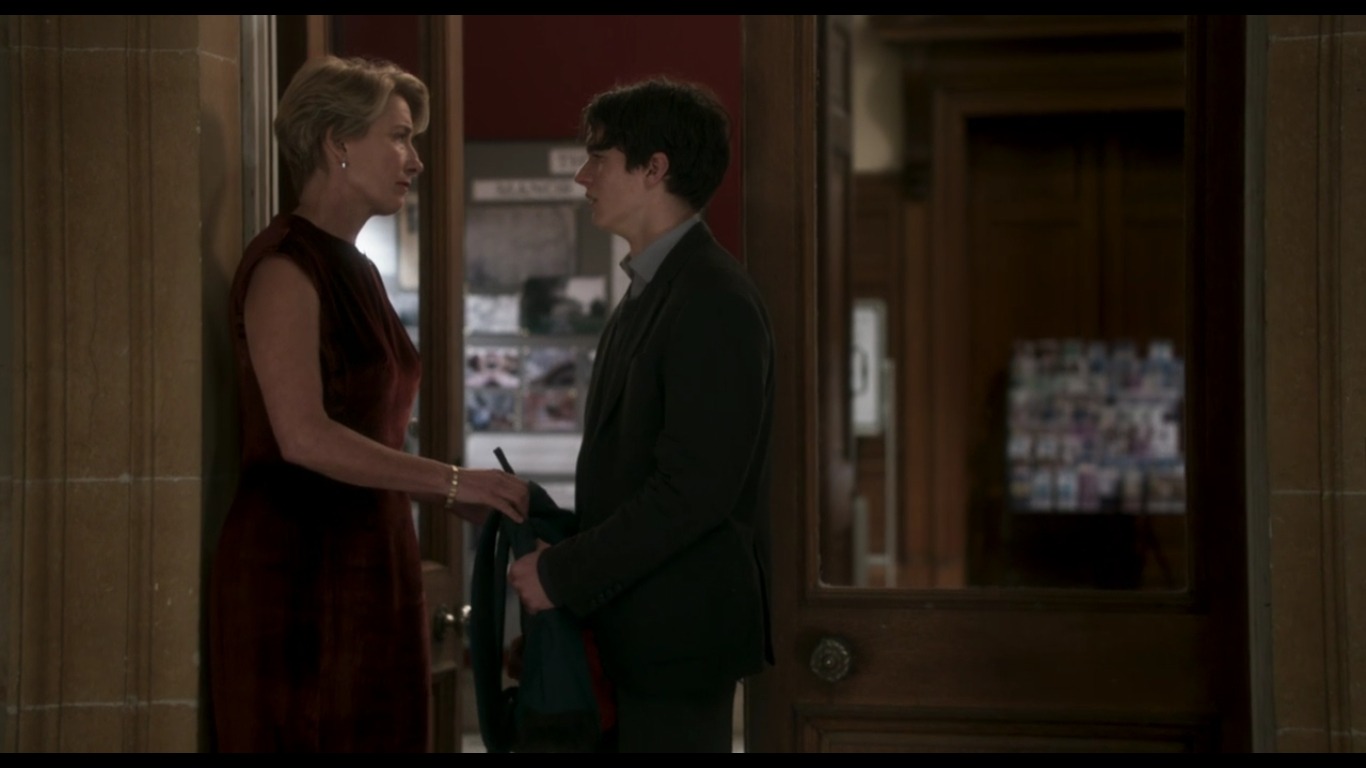The Children Act (2017)

“The Children Act” (2017) is a powerful drama directed by Richard Eyre, based on the 2014 novel of the same name by Ian McEwan. With a screenplay written by McEwan himself, the film stars Emma Thompson, Stanley Tucci, and Fionn Whitehead. The movie explores the life of a dedicated High Court judge, Fiona Maye, who is tasked with making difficult decisions regarding the welfare of children, particularly in a case involving a terminally ill teenager. The film delves into themes of morality, personal conflict, and the complex balance between professional duty and personal life.
The plot revolves around Fiona Maye, a respected judge in the Family Division of the High Court. She is confronted with a case involving Adam Henry, a 17-year-old boy who is refusing a life-saving blood transfusion due to his religious beliefs as a Jehovah’s Witness. Fiona must decide whether to overrule the teenager’s wishes and save his life or respect his autonomy. As Fiona navigates this moral dilemma, her own personal life becomes more complicated, as her marriage to her husband Jack (played by Stanley Tucci) is on the brink of collapse. The film explores the emotional and ethical challenges faced by Fiona as she grapples with these two significant aspects of her life.
Emma Thompson’s portrayal of Fiona Maye is a standout, capturing the complexity of a woman who is both highly professional and deeply conflicted on a personal level. Throughout the film, Fiona’s character undergoes significant emotional growth as she faces the consequences of her decisions, both in the courtroom and at home. Her relationship with Adam Henry, though initially professional, takes on a deeper, more personal dimension as she begins to understand his struggles and motivations. Meanwhile, Stanley Tucci delivers a poignant performance as Jack, Fiona’s husband, whose own emotional needs and frustrations contribute to the unraveling of their marriage.

“The Children Act” is deeply concerned with moral and ethical questions, particularly the clash between personal beliefs and professional responsibility. Fiona’s dilemma in deciding whether to intervene in Adam’s case reflects the broader questions of autonomy, medical ethics, and the role of the state in making life-or-death decisions for individuals. The film also examines the nature of judgment itself, as Fiona must reconcile her intellectual detachment as a judge with her personal feelings and emotions. The tension between these two aspects of her identity creates a compelling narrative that encourages viewers to question how they might respond in similar situations.

The film is a powerful combination of intellectual engagement and emotional depth. The legal proceedings and ethical debates are balanced with intimate personal moments, giving the film a sense of realism and emotional weight. Fiona’s personal struggles, especially her strained marriage, add another layer of complexity to the narrative. The film’s quiet, reflective tone allows the audience to connect with Fiona’s inner turmoil and empathize with the difficult decisions she faces, making the story both thought-provoking and moving.

In conclusion, “The Children Act” (2017) is a compelling and emotionally rich film that explores the complexities of law, ethics, and personal relationships. With outstanding performances from Emma Thompson, Stanley Tucci, and Fionn Whitehead, the movie engages viewers on both an intellectual and emotional level. The film’s focus on moral dilemmas, personal growth, and the consequences of judgment makes it a powerful exploration of the human experience. Through its sensitive portrayal of difficult decisions, “The Children Act” leaves a lasting impact, encouraging reflection on the nature of authority, responsibility, and compassion.











